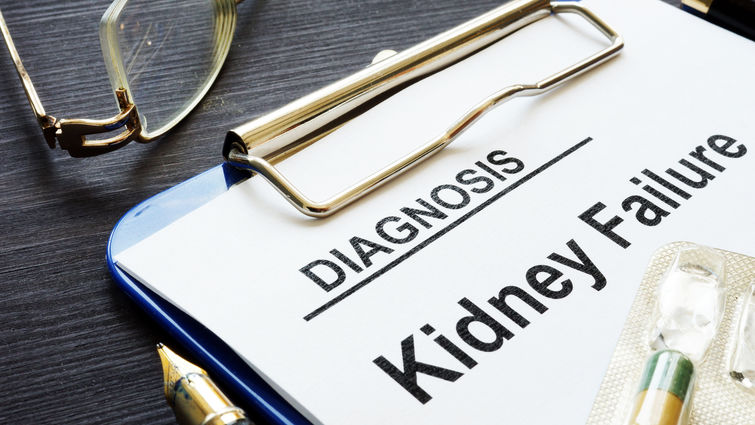
Some 37 million people in the United States have chronic kidney disease, and 9 in 10 adults with the disease do not even know they have it, according to the Centers for Disease Control and Prevention.
That was the case for both Ana Morin and Jesus Verduzco, who underwent a kidney swap in the Fall of 2018. Both had no signs of the disease and say they felt otherwise healthy.
Morin said she wouldn’t have gone to see her doctor if she hadn’t randomly checked her blood pressure on her aunt’s blood pressure machine. Her results showed her blood pressure was alarmingly high.
For Verduzco, he went in for a routine eye appointment, and the technician noticed his blood pressure was high. Verduzco went to the hospital the next day and learned he had kidney failure. After they were both on dialysis for a couple of years, they participated in a kidney swap with both of their families. It saved their lives.
Loma Linda University Transplant Institute nephrologist Rafael Villicana, MD, says he repeatedly hears from his patients that they never experienced any symptoms of kidney disease.
“Most patients don’t know that kidney failure is usually painless,” Villicana says. “Unless a patient is getting annual checkups and are aware of their blood pressure measurements, there are very few signs people feel that indicate kidney failure.”
Villicana says it takes extra diligence on a patient to be aware of their current health because kidney disease can exist silently. He encourages patients to keep in mind these three things:
- Know the conditions that contribute to kidney failure. There are several health conditions and lifestyle habits that can contribute to the disease, according to Villicana. These include diabetes, high blood pressure, autoimmune disorders, genetic conditions and certain medications. Villicana encourages patients to discuss any of these factors with their physician in order to rule them out.
- Take notice of small lifestyle changes. The only sign Morin says she had before she stumbled upon her kidney failure was fatigue. Villicana says to be aware of any changes in your body that are not normal for you, such as fatigue or loss of appetite.
- Make sure you are receiving annual health checks. Villicana says the best way to be aware of the current state of your kidney is by having annual checkups that include blood pressure measurements, blood and urine tests.
If you are concerned about the health of your kidneys, partner with a primary care physician who can help you navigate your questions and check the status of your kidney health. Schedule an appointment by calling 909-558-6600.
